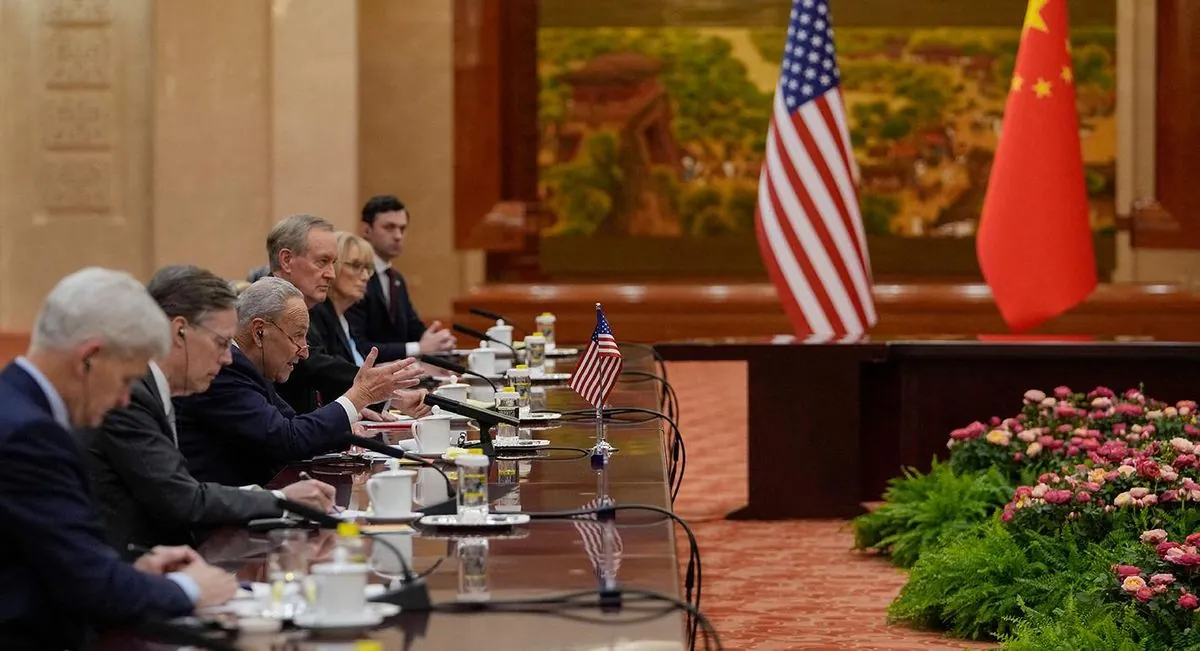GOP Hawks Clash Over China Strategy as 2024 Election Looms
Republican China hawks debate end goals for U.S.-China competition, with some advocating regime change while others warn of escalation risks. The outcome could shape future U.S. policy.

As the 2024 U.S. presidential election approaches, a significant divide is emerging among Republican China hawks regarding the ultimate goal of U.S.-China competition. This debate, which could shape future American policy, centers on whether the United States should explicitly aim for regime change or weakening in China.
One faction, led by figures such as Matt Pottinger and Mike Gallagher, advocates for a more assertive approach. In their influential Foreign Affairs article "No Substitute for Victory," they argue that the U.S. should work towards a long-term end state where China transitions away from authoritarianism. This perspective draws parallels to Cold War strategies, echoing the containment policy first articulated by George Kennan in 1946.
"We need to win the Cold War that Beijing has directed at us."
Proponents of this view contend that the Chinese Communist Party's ideology under Xi Jinping is fundamentally incompatible with U.S. interests. They argue that true victory in the competition with China can only be achieved when the CCP loses power or its ability to threaten the United States.

However, this hawkish stance faces opposition within Republican ranks. Elbridge Colby, a former senior Defense Department official, warns that pursuing regime change could exacerbate tensions and increase the risk of conflict. He advocates for a more measured approach focused on maintaining a balance of power in the region.
The debate's outcome could significantly influence U.S. policy, especially if Donald Trump secures a second term. While Trump's campaign platform emphasizes economic competition with China, the personnel he chooses for key positions could shape the administration's approach.
Chinese officials and experts are closely monitoring this debate. Da Wei, a professor at Tsinghua University, expressed concern that some elements in the Republican Party seem to advocate for a "you-die-and-I-live competition" with China.
The potential risks of an overly aggressive U.S. stance are significant. Jessica Chen Weiss, a China studies professor at Johns Hopkins University, warns that rhetoric suggesting the U.S. aims for regime change could make it harder to stabilize the situation in hotspots like the Taiwan Strait.
Historically, U.S.-China relations have seen significant shifts. The establishment of formal diplomatic ties in 1979 marked a turning point, following Richard Nixon's groundbreaking visit to China in 1972. However, recent years have seen increasing tensions, exemplified by the trade war that began in 2018 under the Trump administration.
As the debate continues, policymakers must carefully consider the implications of their strategies. The outcome will not only shape U.S.-China relations but could also impact global stability and the international order in the coming decades.


































